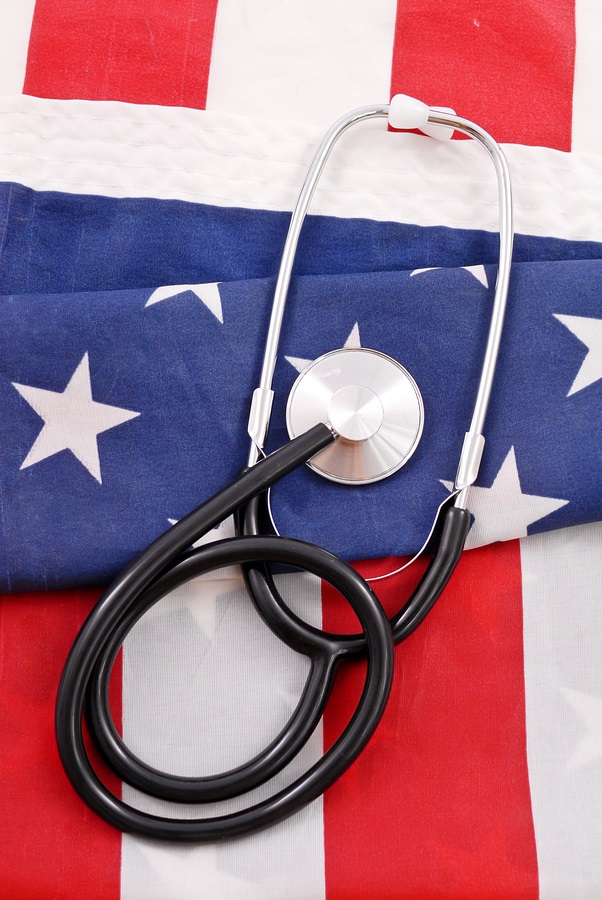VA Hospital Delays in Treatment – Wide Variety of Possible Medical Malpractice Claims

Likewise, there will likely be a wave of personal injury and wrongful death lawsuits associated with the systemic delays in treatment.
Possible Harm from Delayed Treatment
A report from April of this year from the Center for Investigative Reporting on wrongful death claims filed against the VA Hospital system since 9/11 illustrate the types of harm and possible claims that might arise from the negligent scheduling for Veterans for their medical appointments.
The report states that there have been 1000 wrongful death claims against the VA Hospital since 9/11 with total payouts of $200 million. The Report rightly points out that these 1000 claims represent a very small percentage of the 6 million Veterans treated at the VA.
The report preceded the revelations about the extensive wait times for treatment. The new light on the unacceptable wait times may very well bring to light many more wrongful deaths at the VA Hospital for which claims were not or have not yet been filed. And again, for every death, there will many more cases of serious personal injury.
Types of Harm Caused by Delays in Treatment
There are innumerable ways that prolonged delays in treatment can harm patients. This discussion addresses only what we believe will be the most likely types of claims. There are many more and each individual case deserves individualized review.
Failure to Treat
The most obvious danger that might occur from delayed treatment is the failure to treat. The simple fact is that many Veterans and patients generally, need immediate medical attention for their health issues. Delays in treatment could in many cases result in serious personal injury or death.
There are far too many illnesses that might prove deadly in the event of delayed treatment to list here. However, the fact that delays in diagnosis and proper treatment could result in death or personal injury is almost too obvious to even state.
Diagnostic Error
Diagnostic error kills as many as 80,000 Americans every year. The VA Hospital is the largest provider of medical services in the country so it is safe to say that they are not immune from these numbers.
Diagnostic errors have many causes. Many of these could result from extensive delays in treatment. The most common diagnostic errors resulting from delays in treatment would likely be delays in diagnosis, failure to follow up on suspicious findings or other diagnostics, and missed diagnosis resulting from failures to schedule diagnostic focused appointments (x-rays, MRI’s, CT scans, biopsies, EKG’s and so on).
The harm associated with these diagnostic failures can be catastrophic in any medical setting.
Medication Errors
Like diagnostic errors, medication errors lead to thousands of deaths each year with estimates as high at 7000 deaths per year. Moreover, it is estimated that 1.5 million Americans are harmed each year by medication errors with an average of one medication error per day per patient hospital day.
There are a number of ways that delays in treatment could result in medication errors and many of these are in fact common among medication errors.
Many of these errors and the personal injuries or wrongful death that might arise out of them could result from a failure to monitor mediations. The failure to monitor could lead to a variety of issues. These might include a failure to measure effectiveness of the medications, failures to monitor possible dangerous drug interactions, failure to detect adverse side effects, failures to detect growing addictions and failures to monitor dangerous withdrawal upon the laps of medication.
There are certainly other ways that medication error and resulting harm could occur from delays in treatment. And each of these could have catastrophic results to the Veteran patient.
Failure to Refer to Specialist
In New Mexico, there is a duty on doctors to refer a patient to a specialist where this is indicated. A failure to do so could lead to very serious consequences for the patient. This duty is no less important in the VA Hospital setting than any other.
A failure to refer could result from any of the above-mentioned cases of medical negligence. In addition, the failure to refer might simply result from the fact that the Veteran was not seen in a timely manner so that the referral could not be made until it was too late to avoid harm or death.
Do Not Delay
These are only a few ways that delayed treatment might harm Veterans. There are innumerable ways that delays in treatment could harm a patient. They are too numerous to list.
If you or a loved one has been suffered serious harm as a result of delays in treatment at the VA Hospital, it is important to act in a timely manner. Claims against the VA Hospital have a shorter 2-year statute of limitations that the 3-year deadline on claims against private medical providers.
Medical malpractice claims are complicated and can take months to evaluate. The short statute of limitations on these claims can come up pretty quickly and delay may make is very difficult to find an attorney willing to take the case on at the last minute.
So do not delay seeking legal guidance. Such a delay could bar your claims completely.


